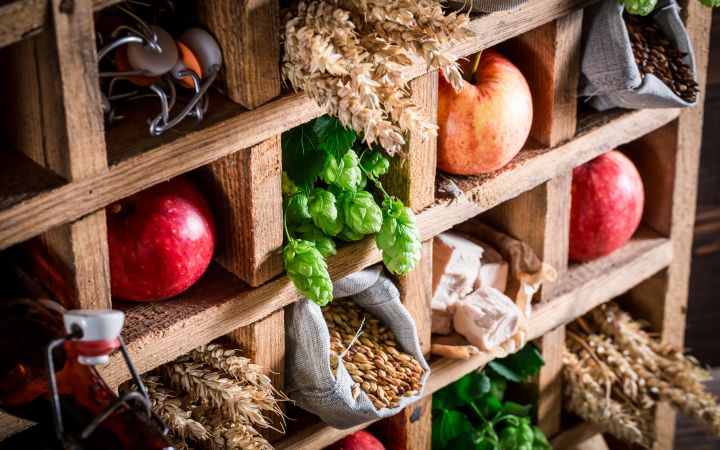The eradication of global hunger by 2030 is a key goal in the 2030 Agenda for Sustainable Development, and trade is recognized as one of the means for achieving the Sustainable Development Goals. The challenge is how to ensure that the expansion of agricultural trade works for, and not against, the elimination of hunger, food insecurity, and malnutrition.
This challenge has been at the forefront of governments’ struggle to negotiate the changes to global agreements on agricultural trade. National and regional institutions need greater technical capacity and resources to map out trade priorities and constraints at various levels, assess the implications of trade agreements, formulate mitigation policies and strategies, and negotiate trade agreements that boost gains from trade and specialization.
UNITAR and the Food and Agriculture Organization of the United Nations (FAO) have therefore developed and implemented an online course that aims to strengthen the capacities of government officials working on agricultural policies and programmes to develop and implement evidence-based trade policies and negotiate trade agreements.
Contributing to achieving food security by ensuring the fulfillment of the four elements, also knowing how to maximize the benefit from the sustainable food value chain by developing it to reach global markets that contribute to the country’s economy.
- Participant from Saudi Arabia
The course has been run in English, French, Spanish, and Arabic.
This programme is made possible by the generous support of FAO.
Programme Snapshot
Intended Audience
Representatives of government bodies and related authorities directly involved in the formulation and implementation of agricultural policies and programmes, private-sector individuals, researchers, and students.
Learning Objectives
- Assess the challenges and opportunities associated with greater trade openness in food security
- Describe the types of trade policies and their role in promoting food security, and the points to be taken into account when designing and implementing trade policy
- Discuss key global policy and regulatory frameworks governing trade and food security, including the WTO Agreement on Agriculture and the 2030 Action Plan
News
- UNITAR and FAO Launch 3rd Edition of Trade and Food Security Programme for NENA Region (7 October 2024)
- 63 Latin American Officials Graduate from 2024 UNITAR-FAO Training on Trade and Food Security (24 September 2024)
- UNITAR and FAO Launch Arabic-Language Course on Trade and Food Security (24 June 2024)
Completed Rounds
Africa
- UNITAR and FAO to jointly deliver an online course on "Trade, Food Security and Nutrition" for Eastern and Southern Africa (20 April 2022)
- FAO and UNITAR e-learning course on "Trade, Food Security and Nutrition" (for Eastern and Southern Africa)
- FAO-UNITAR e-learning course on "Trade, Food Security and Nutrition" (Second Edition, for Sub-Saharan Africa)
Central Europe and Central Asia
- 2019 Training professionals on agriculture and international trade agreements in Europe and Central Asia
- 2018 FAO and UNITAR e-learning course on "Trade, Food Security and Nutrition" (for Central Europe and Asia)
Latin America
- FAO-UNITAR E-Learning Course on "Trade, Food Security and Nutrition" Successfully Completed in Latin America (27 February 2023)
- UNITAR and FAO to Launch their First Joint Online Course on "Trade, Food Security and Nutrition" for Latin America and the Caribbean (22 August 2022)


